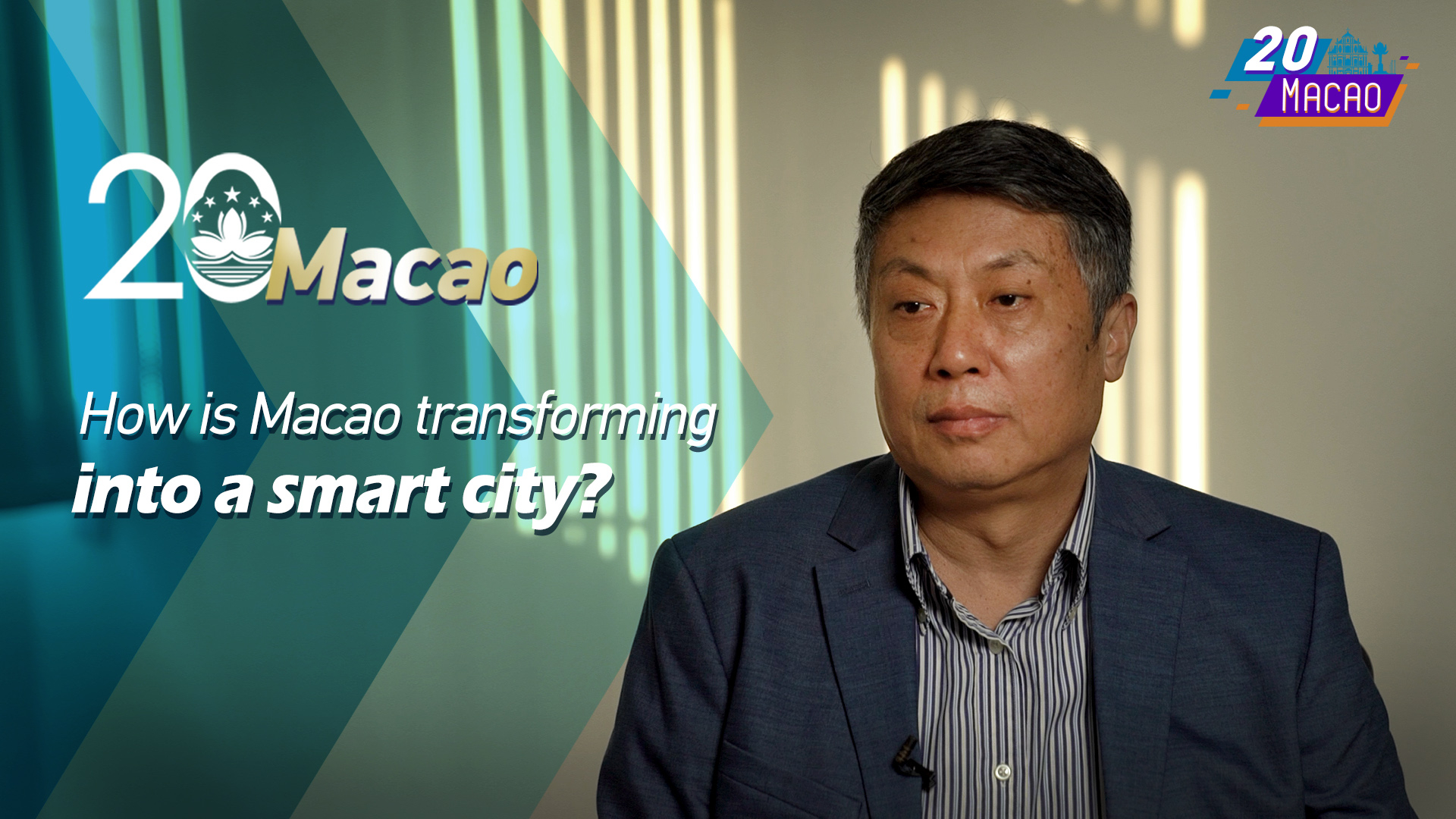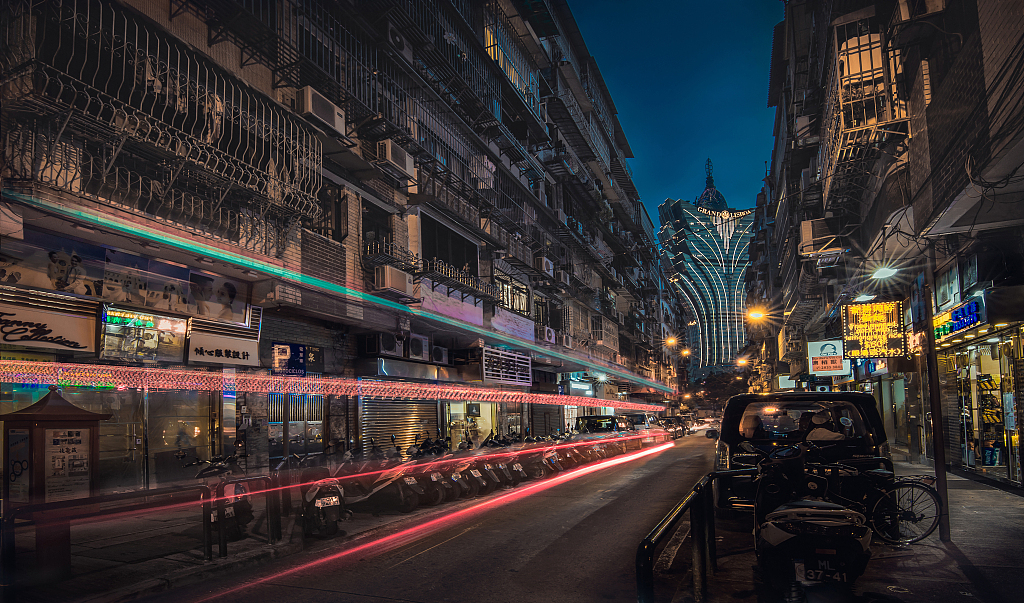02:14

In September 2016, the Macao Special Administrative Region (SAR) unveiled its first Five-Year Development Plan (2016-2020), which includes the promotion of the construction of smart city.
Macao has developed rapidly since its return to the motherland in 1999.
"However, problems in older sections of the city have been exposed," Song Yonghua, director of the State Key Laboratory of Internet of Things for Smart City, said in a previous interview.
In July 2018, the University of Macau received approval from the Ministry of Science and Technology to build China's first state key laboratory for the Internet of Things (IoT) in a smart city, which aims to meet the needs of the country with the expertise of Macao and develop itself into a world-class laboratory with local characteristics.
Since the official establishment in October 2018, the lab has been working on various projects to benefit the city.
Dr. Jia Weijia, deputy director of the laboratory, told CGTN that the laboratory has been focusing on five areas: intelligent sensing and network communication, urban big data and intelligent technology, smart energy, intelligent transportation, and public safety and disaster prevention.
Jia said that the lab is collaborating with local telecom companies to get access of 5G antenna and base stations.
"We use the 5G antenna and base stations to test the next generation of Internet of Things," he said.
Technology to ease traffic pressure

The crowded traffic condition has been plaguing Macao residents for years. /VCG Photo
The crowded traffic condition has been plaguing Macao residents for years. /VCG Photo
Song said that the crowded traffic condition has been plaguing Macao residents for years.
"The number of vehicles has exceeded the capacity of the road," said Song. "Therefore, common traffic models cannot be directly used for analysis."
The lab hopes to use open data, and technology such as real-time display and data analysis, to analyze the road condition more effectively, and to provide reference for government departments in formulating policies.
Major projects that are related to smart transportation including calculating traffic flow of the city by using AI technology and the development of autonomous vehicles.
Jia believes that the lab will play an important role for making Macao a smart city.
"At the moment, we are trying to build up 3D models for forming digital smart city," he said. "Probably in the future, we can call the city digital Macao."
The lab is also willing to help local government and industries in digital decision making.
"In the future, Macao will be more enjoyable with digital economy rather than only rely on entertainment," said Jia.
(Video edited by Zhang Ning; Top image by Yu Peng)